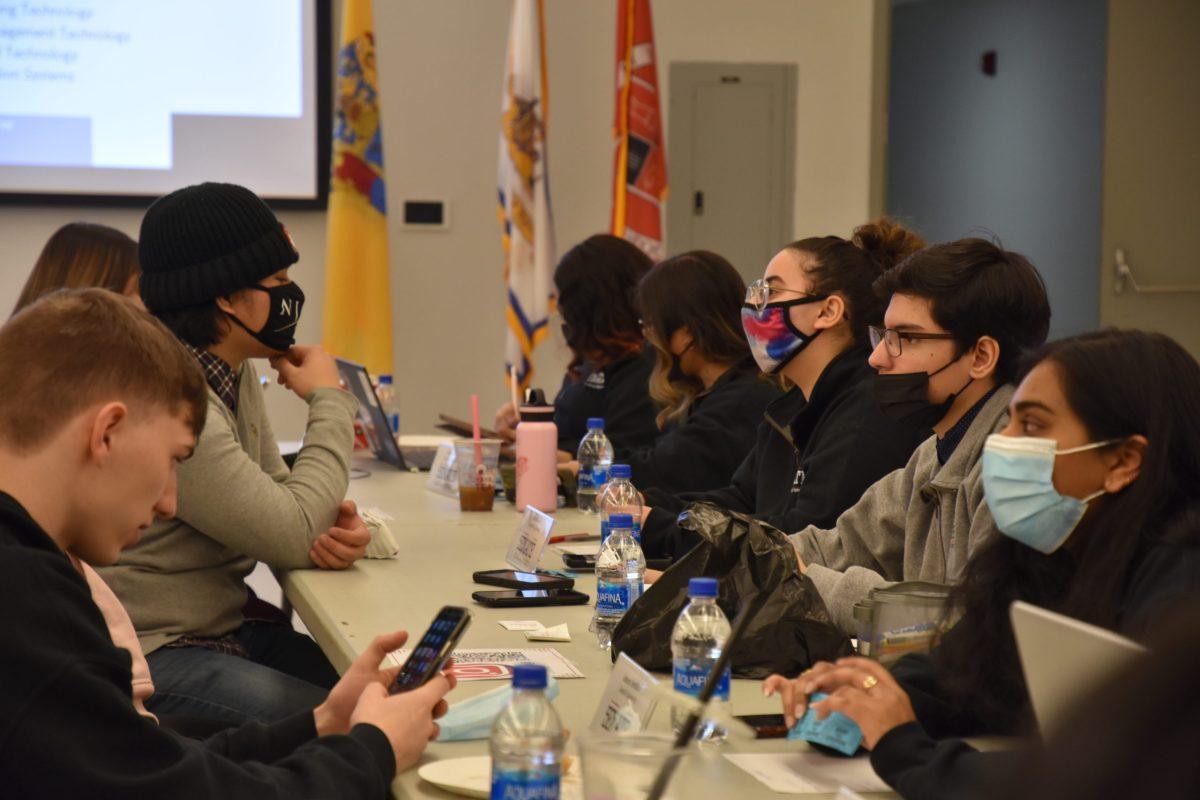On April 1, NJIT’s Student Senate held a Student Organization Cabinet hosted by the Vice President of Finance Mark Nashed and Director of Student Organizations Lara Rios.
This meeting saw many new changes in the way organizations will have to operate in the upcoming year. One of the major changes includes the minimum requirements in a semester – the number of events and points associated with events that the organization hosts.
The different types of organizations, in descending order, include University Serving Organizations, Tiers 1-4 and New Student Organizations 2 and 1. The minimum number of events required respectively are 7, 6, 5, 4, 3, 2, 2 and 1, and the points required are 800, 700, 500, 250, 125, 75 and 50. The points are acquired based on the type of event held and the number of people attending; having more students participating results in a higher points’ multiplying factor.
“As a committee, we came to the decision that organizations should be functioning in a way that corresponded with their funding,” Rios, a third-year civil engineering major, said. This system was originally brought up by the Director of Student Organizations in the 2020-2021 academic year. However, due to the pandemic at that time, there weren’t enough events, meetings and activities taking place on campus to make the minimum requirements manageable.
“The organizations have been through a lot and did a great job of recovering this last year [from the pandemic], so we know things can still be a bit difficult,” said student organizations committee member Lana Gaber, a third-year computer engineering major. “It’s for this reason that the points system is going to be a last resort when considering moving an organization down a tier.”
Members of USOs were particularly concerned about their organizations meeting the requirements. USOs are defined as “organizations that provide continuous, contracted programs for the total undergraduate student body; chartered and directed by the NJIT Student Senate for the sole purpose of providing general programs or services for all undergraduate students” according to the Senate’s Student Organization Bylaws updated in March. Nucleus Yearbook, Society of Musical Arts, WJTB Radio, Student Activities Council and The Vector are all considered USOs.
Many of these groups have an end-product they work towards rather than continuous service towards the NJIT community. With this in mind, members didn’t feel reassured that they would be able to hold events with enough attendance outside of their normal responsibilities and meetings for their organizations.
“Many organizations are worried that because of the new tiering system they’re going to have to work harder and might even get dropped down a tier,” Gaber mentioned. “I’d say that if they’re doing what they’re supposed to be doing then they have nothing to worry about.”
For some newly founded organizations, however, these changes can be very beneficial. With the option of moving up tiers through events, these groups will be able to gain a lot of traction by holding larger events with many students participating, thus accumulating an abundant number of points.
“Now that campus has been alive and well for two complete semesters, we believe this tiering system will not only help organizations maintain their community and outreach but also encourage other organizations to continue expanding their own organizations,” said student organizations committee member Janae Anderson, a third-year information technology major. “We believe this tiering system will set up a standard for each tier and will allow us to have a quantitative measure for retiering.”
These changes are set in stone for at least the Fall 2022 semester. As it progresses, the student organizations committee will look at the values set this year and see how organizations are matching up. “If the majority are failing, then we know there need to be some changes,” Rios added. “We don’t see this happening, but we will continue to keep an open mind.” S
































